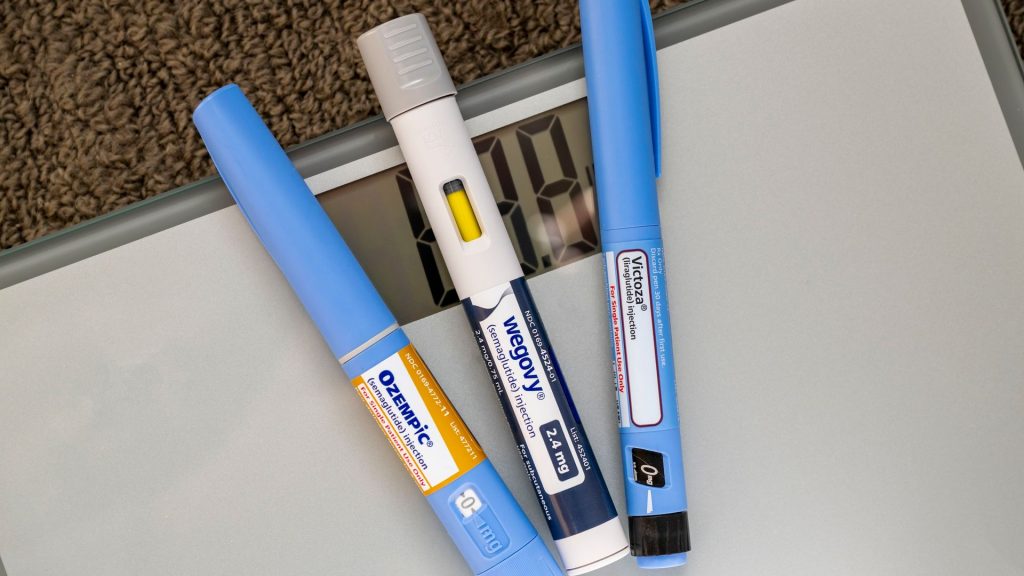Trump admin won’t cover Ozempic for Medicaid, Medicare patients
Ella Greene April 5, 2025 0
- The Trump administration announced it wouldnot extend Medicare Part D or Medicaid coverage to popular weight loss drugs like Ozempic. The move reverses efforts by the previous administration to classify obesity as a disease eligible for coverage.
- An October 2024 Congressional Budget Office report estimated that covering such medications would cost $35 billion from 2026 to 2034. The report also estimated relatively small savings from improved health outcomes.
- In 2024, the Centers for Medicare and Medicaid Services cited a longstanding exclusion of weight loss agents from Medicare Part D coverage. They maintained an exception if the drugs are used to treat obesity.
Full Story
The Trump administration says it will not pay for popular weight loss drugs like Ozempic for Medicaid and Medicare enrollees.
In a Friday filing, the Department of Health and Human Services said that it would not continue the Biden administration’s effort to add Medicare Part D coverage of anti-obesity medications or add them to the Medicaid program. Medicare Part D doesn’t allow for coverage of weight loss medication. Still, the Centers for Medicare and Medicaid Services announced a proposed rule on Nov. 26, 2024, that considered obesity a disease worthy of coverage.
“Since the inception of the Part D program, CMS has interpreted the statutory exclusion of ‘agents when used for weight loss’ to mean that a drug, when used for weight loss, is excluded from the definition of a covered Part D drug,” the announcement said.
Health Secretary Robert F. Kennedy Jr. has criticized weight loss drugs in the past.
Heavy price tag
The potential cost of paying for weight loss drugs for a nation in the midst of an obesity epidemic would have proven significant.
An October 2024 report from the Congressional Budget Office estimated that covering drugs like Ozempic for obesity would cost the federal government $35 billion from 2026 to 2034. That cost considers the potential savings from patients not needing other care in lieu of anti-obesity medication.
“Total direct federal costs of covering AOMs would increase from $1.6 billion in 2026 to $7.1 billion in 2034. Relative to the direct costs of the medications, total savings from beneficiaries’ improved health would be small—less than $50 million in 2026 and rising to $1.0 billion in 2034,” the report said.
Related Stories
Ella Rae Greene, Editor In Chief
Ella Greene
Ella and the staff at Clear Media Project (CMP) curate these articles.
Unless otherwise noted CMP does not write these articles.
The views, thoughts, and opinions expressed in the articles published on this blog belong solely to the original authors and do not necessarily reflect the views of the blog owner. The blog owner does not claim ownership of the content shared by contributors and is not responsible for any inaccuracies, errors, or omissions.
All rights and credits goes to its rightful owners. No Copyright Infringement is intended. If you believe any content infringes on your rights, please contact us for review and potential removal.





